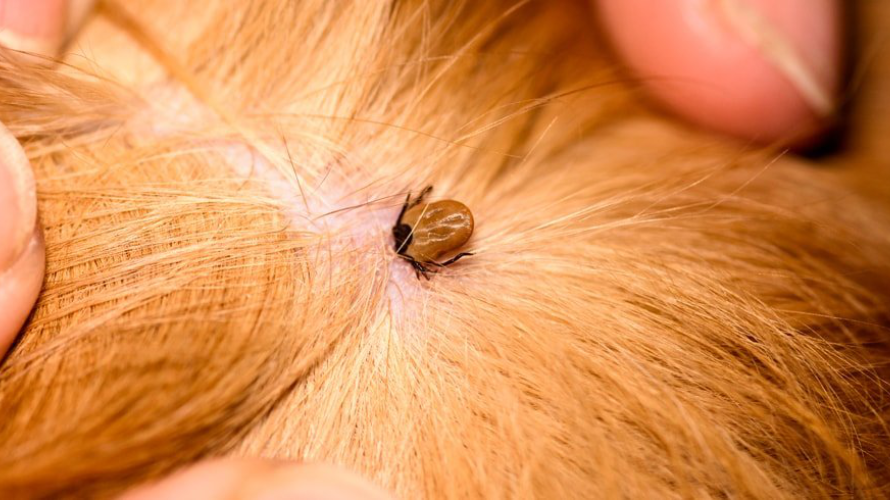
This article written by Dr. Vimal Pandey Mumbai speaks volume about the development of tick fever in dogs. In earlier article we have discussed about tick infestation and in this one we speak on the onset of the disease. Let’s get ourselves educated!
We had a couple come in yesterday, all frantic and worried about their pet beagle, Marshall. He wasn’t eating anything, running high on fever, with rising temperatures between 102-103. He had gotten pale and his condition worsened in a single night. The sole reason was - Tick Fever!
Tick fever is one of the most prevalent diseases in canines. A lot of content and information is available online regarding this particular topic, but I want to tone it down for a simpler and better understanding for the masses.
You can draw parallels between dengue in humans and tick fever in dogs. Tick fever affects your dog’s Red Blood Corpuscles in a way similar to how dengue affects humans. After the tick bites, the tick takes 10-21 days to develop and grow. In that time, the dog becomes anaemic and its urine may become visibly red because of the destruction of the RBCs. This disease may be classified as uncomplicated or complicated, but both are severe conditions.
In uncomplicated cases, dogs are acutely ill with fever, depression, anorexia, pale gums and dark urine. Some dogs may be affected with jaundice causing yellow gums and eyes, and some may collapse suddenly.
In complicated cases, signs may include acute kidney failure, neurological disorders, swelling of the legs, and breathing problems. Vomiting, shock and sometimes death may also occur. Hence, this disease cannot be taken lightly.
The treatment of tick fever is subjective to the state that you bring your pet into the clinic. I personally have experienced a few cases, where the pet gets fit in a single dose of medication while others have taken weeks to recover completely.
I recommend strongly, to be on the safer side, if you feel your pet is indicating loss of power, fatigue, loss of appetite and is having high or rising temperature, for precautionary purposes, take your pet to the vet. I have been practising my profession for more than a decade now from my clinic, ‘Supreme Pet Care and Animal Centre’, Naigon. We are lucky to have the right equipment and infrastructure to handle and look after most of the cases that we receive on a daily basis. You can now easily book your appointment with us through the Pawzeeble website!
